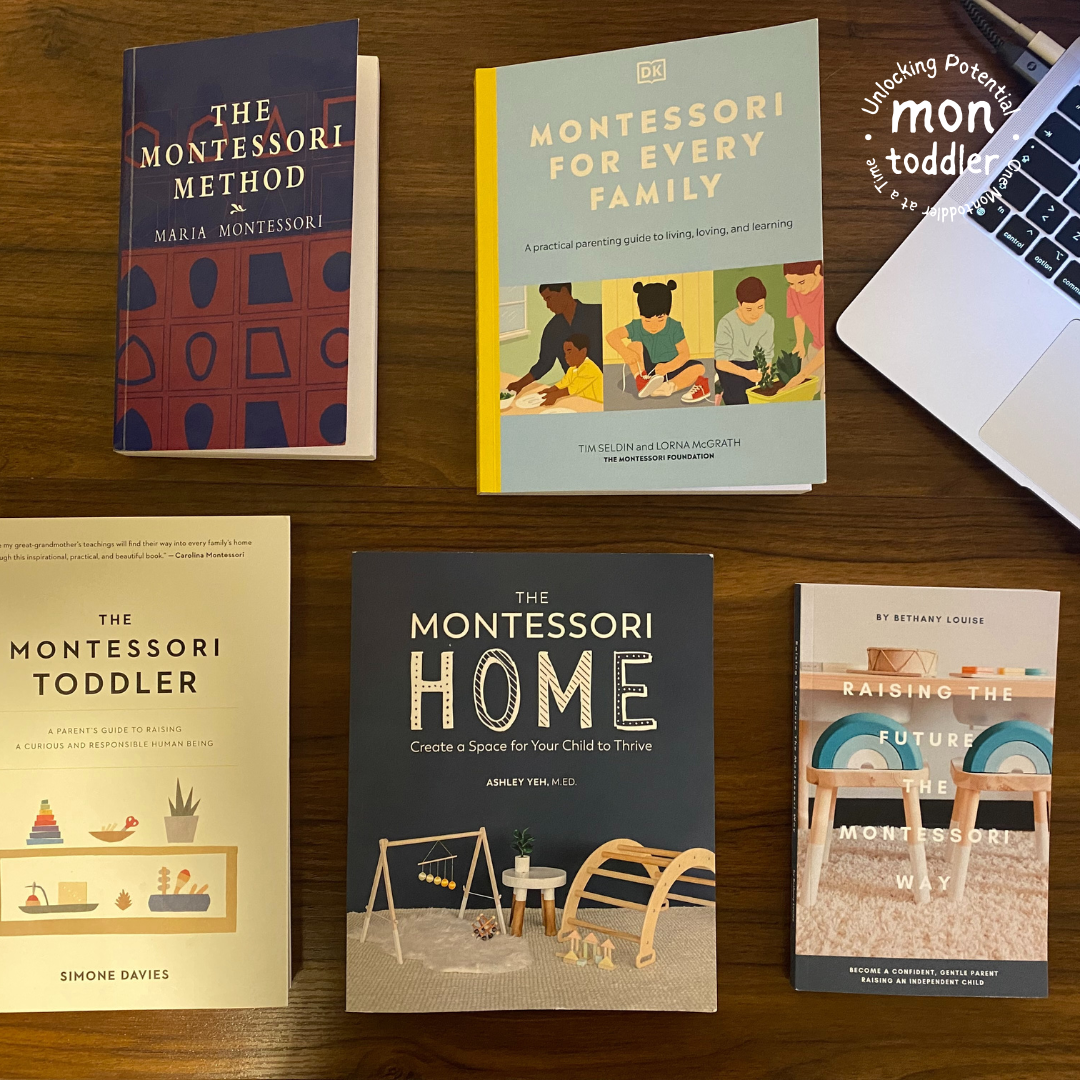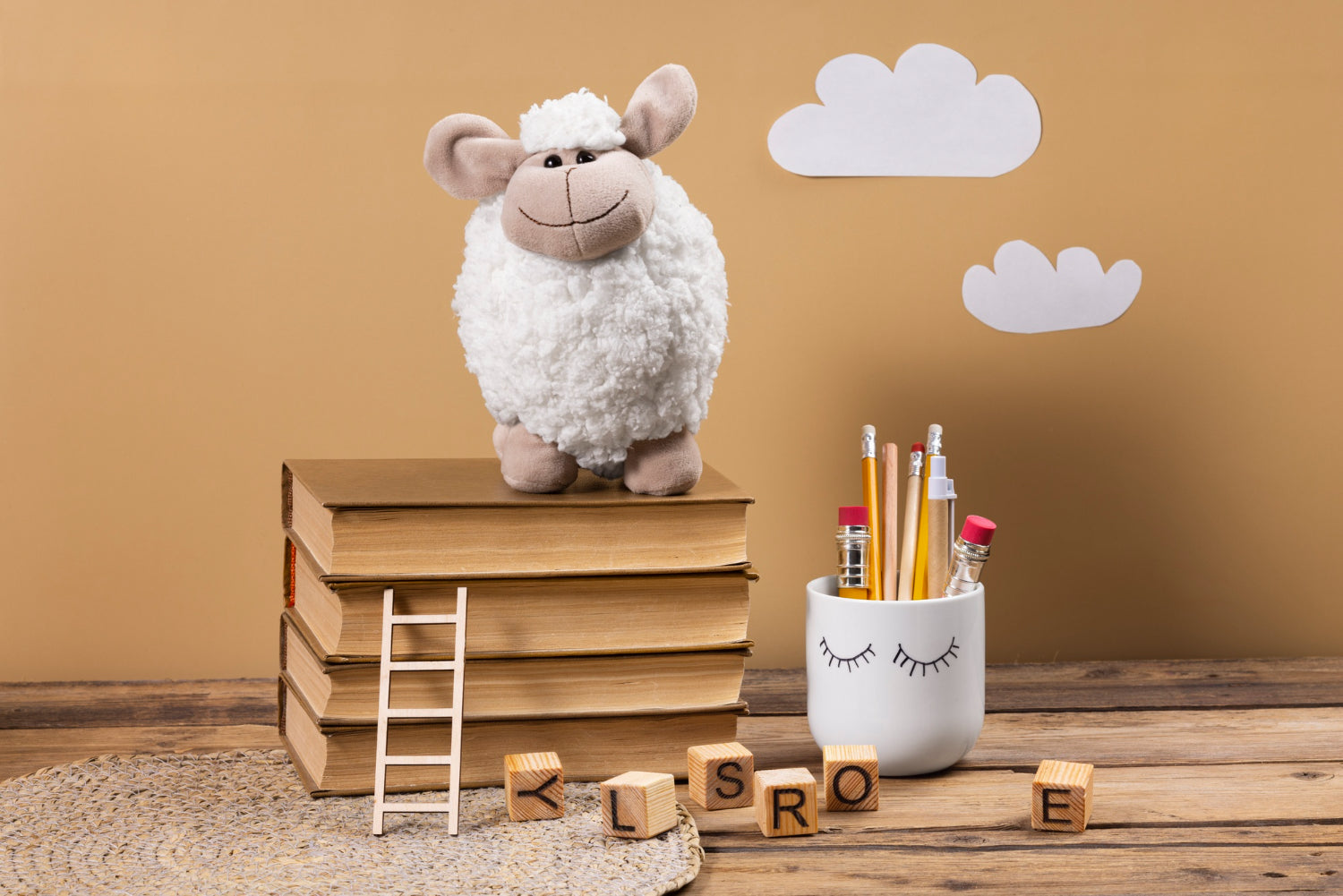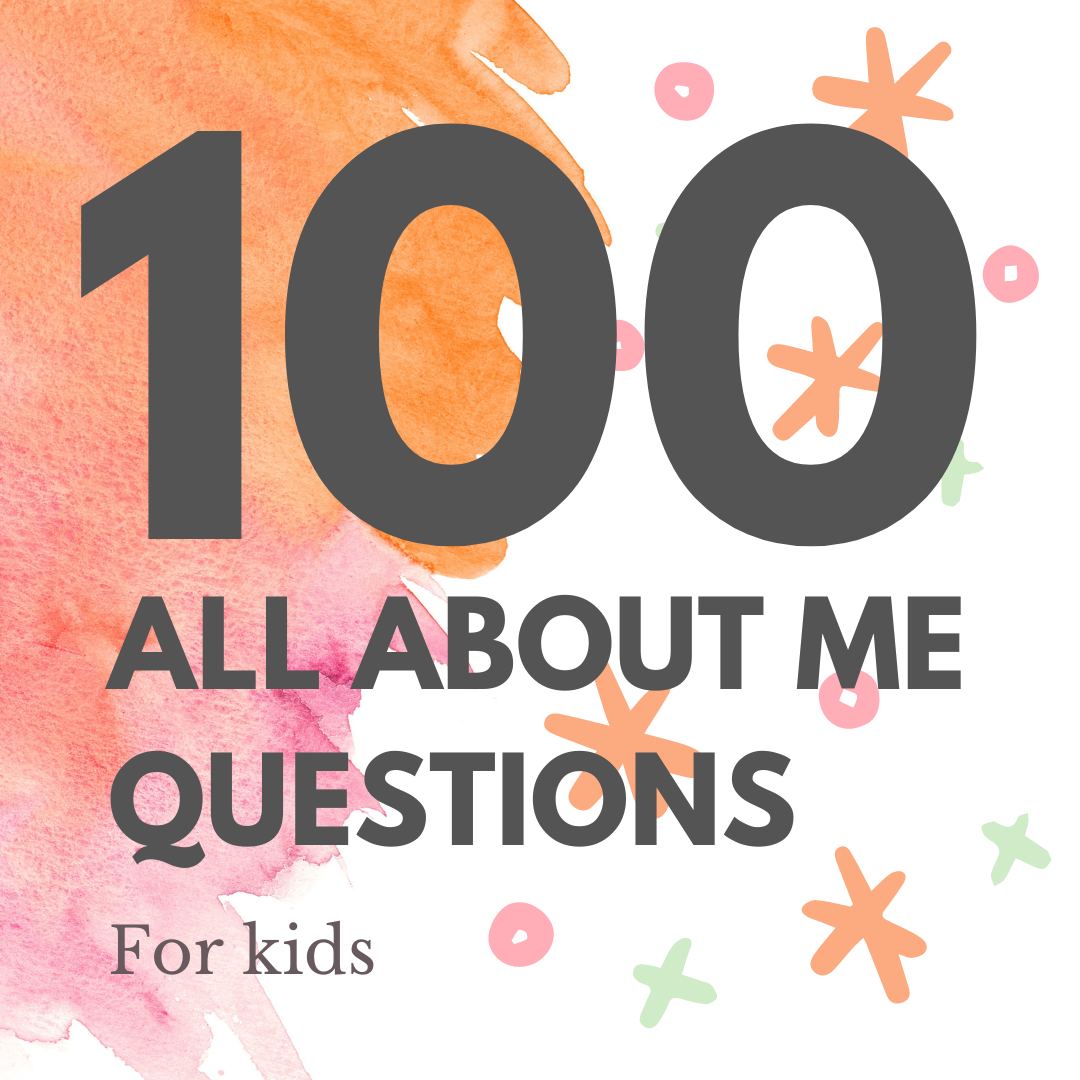At Montoddler, our second goal is to spread the Montessori philosophy even further (for those curious, the first goal is, of course, designing safe and quality products for children). To achieve this, we aim to provide comprehensive guide content on our website and other similar platforms with the same objective. For a while now, I've been working diligently to create content that I believe will be highly beneficial for families.
You've probably noticed that there are numerous Montessori books available on Amazon. As someone deeply involved in this field, curating and reviewing all of them is of great importance to me. I can confidently say that I own nearly every book written about Montessori. I've been planning to select the top 5 among them and create an informative piece for some time, and today seems to be the day. Today, I am sharing with you the 5 best Montessori books for parents. I hope you enjoy this list I've prepared.
by Maria Montessori
"The Montessori Method" by Maria Montessori is a groundbreaking work that has had a profound influence on education and child development. Originally published in 1912, it remains a seminal text in the field of Montessori education.
In this book, Maria Montessori outlines her educational philosophy and methodology, which is centered on the idea that children are naturally curious, capable of self-directed learning, and should be allowed to explore their interests at their own pace. She emphasizes the importance of creating a prepared environment that is rich in learning materials and encourages hands-on, experiential learning.
Montessori's approach is child-centered, and she advocates for a holistic education that considers not only academic subjects but also the development of social and practical life skills. She introduces the concept of the "absorbent mind," where young children are like sponges, effortlessly soaking up knowledge from their surroundings.
Throughout the book, Montessori provides practical insights into creating a Montessori classroom, designing educational materials, and working with children of various age groups. She also discusses the role of the teacher as a guide and observer, rather than a traditional instructor.
"The Montessori Method" is not only an essential read for educators and parents interested in Montessori education but also a source of inspiration for reimagining how we approach teaching and learning. Maria Montessori's innovative ideas continue to shape modern education, making this book a timeless classic.
by Simone Davies
Simone Davies' book "The Montessori Toddler" is a highly practical and insightful guide for parents and caregivers looking to implement Montessori principles in their toddler's daily life. With clear, accessible language and a wealth of actionable advice, this book serves as an invaluable resource for anyone seeking to create an environment that fosters independence, curiosity, and a love of learning in young children.
Davies emphasizes the importance of respect for the child, acknowledging their individuality and fostering their innate desire to explore and discover. She provides a detailed roadmap for creating a Montessori-inspired home environment, complete with easy-to-implement strategies for setting up spaces, selecting age-appropriate activities, and establishing routines that support a toddler's growth and development.
The book covers a wide range of topics, from encouraging independence in daily tasks to fostering a sense of order and emotional well-being. It also includes guidance on how to observe and engage with your toddler to better understand their needs and interests, allowing you to tailor the environment and activities accordingly.
Throughout "The Montessori Toddler," Davies shares real-life examples and stories from her experiences as a parent and Montessori teacher, making the content relatable and approachable. The book is filled with colorful illustrations, making it engaging and easy to follow.
by Tim Seldin and Lorna McGrath
"Montessori for Every Family," written by Tim Seldin and Lorna McGrath, is a highly informative and accessible guide that introduces Montessori principles to families of all backgrounds. This book offers a comprehensive overview of the Montessori approach and demonstrates how it can be integrated into everyday family life.
One of the book's standout features is its inclusive and user-friendly approach, making Montessori education accessible to parents who may not have previous knowledge of the method. Seldin and McGrath provide a clear and concise introduction to the core Montessori concepts, such as fostering independence, creating child-centered environments, and respecting a child's natural development.
The authors draw on their extensive experience in Montessori education to offer practical advice and strategies that parents can implement immediately. They emphasize the importance of observing and understanding your child's unique needs and interests, allowing parents to adapt the Montessori principles to their family's specific situation.
"Montessori for Every Family" also addresses the importance of creating a prepared home environment and provides guidance on selecting age-appropriate materials and activities. The book is richly illustrated with examples and anecdotes from real families who have successfully integrated Montessori principles into their lives.
Throughout the book, Seldin and McGrath stress the significance of fostering a love of learning and independence in children from an early age. Their approach is grounded in respect for the child's autonomy and individuality, which aligns with the core principles of Montessori education.
by Ashley Yeh
Ashley Yeh's book "The Montessori Home" is a comprehensive and insightful guide for parents and caregivers looking to incorporate Montessori principles into their daily family life. With a user-friendly approach and practical advice, this book serves as an invaluable resource for creating a nurturing and supportive Montessori-inspired home environment.
Yeh highlights the key aspects of the Montessori philosophy, emphasizing respect for the child's autonomy, fostering independence, and nurturing a love for learning. The book provides a step-by-step guide on how to set up a Montessori home, from creating child-friendly spaces to selecting age-appropriate activities and materials. Yeh's clear and engaging writing style makes these concepts easy to understand and implement.
One of the standout features of "The Montessori Home" is the inclusion of real-life examples and personal anecdotes from the author's own experiences as a mother and Montessori teacher. These stories make the content relatable and demonstrate how Montessori principles can be applied in everyday situations.
The book covers a wide range of topics, including organizing the home environment, setting up a child's workspace, and promoting independence in daily activities. It also offers guidance on how to observe and understand your child's needs and interests, allowing parents to tailor their approach to better support their child's development.
"The Montessori Home" is beautifully designed with colorful illustrations and practical tips that are easy to follow. It provides a wealth of ideas and inspiration for parents and caregivers who wish to create a home environment that nurtures a child's natural curiosity and love of learning.
by Bethany Louise
"Bethany Louise's 'Raising the Future the Montessori Way'" is a thoughtful and comprehensive guide for parents and caregivers seeking to understand and apply Montessori principles in raising children. The book delves into various aspects of Montessori philosophy and offers practical advice on how to create an environment that fosters independence, curiosity, and a love of learning.
One of the book's strengths is its clear and accessible explanations of Montessori concepts. Bethany Louise does an excellent job of breaking down complex ideas into easy-to-understand language, making Montessori approachable for readers who may not be familiar with it. She emphasizes the importance of treating children with respect, acknowledging their developmental stages, and providing them with the freedom to explore and learn at their own pace.
The book provides concrete examples of how to implement Montessori principles at home, from setting up a prepared environment to choosing age-appropriate materials and activities. Bethany Louise's experience as a Montessori teacher shines through, and her insights into children's needs and tendencies are invaluable for parents.
Throughout the book, the author underscores the significance of fostering a child's independence and self-motivation, which are core tenets of Montessori education. She also highlights the benefits of hands-on, experiential learning and encourages parents to observe their children closely to understand their interests and developmental stages better.
One of the book's standout features is the inclusion of real-life stories and experiences from Montessori parents, offering a glimpse into how these principles can be successfully applied within diverse family settings. These anecdotes make the book relatable and inspiring.





Share:
How to create the best montessori reading nook
The Five Guiding Principles of Montessori Education